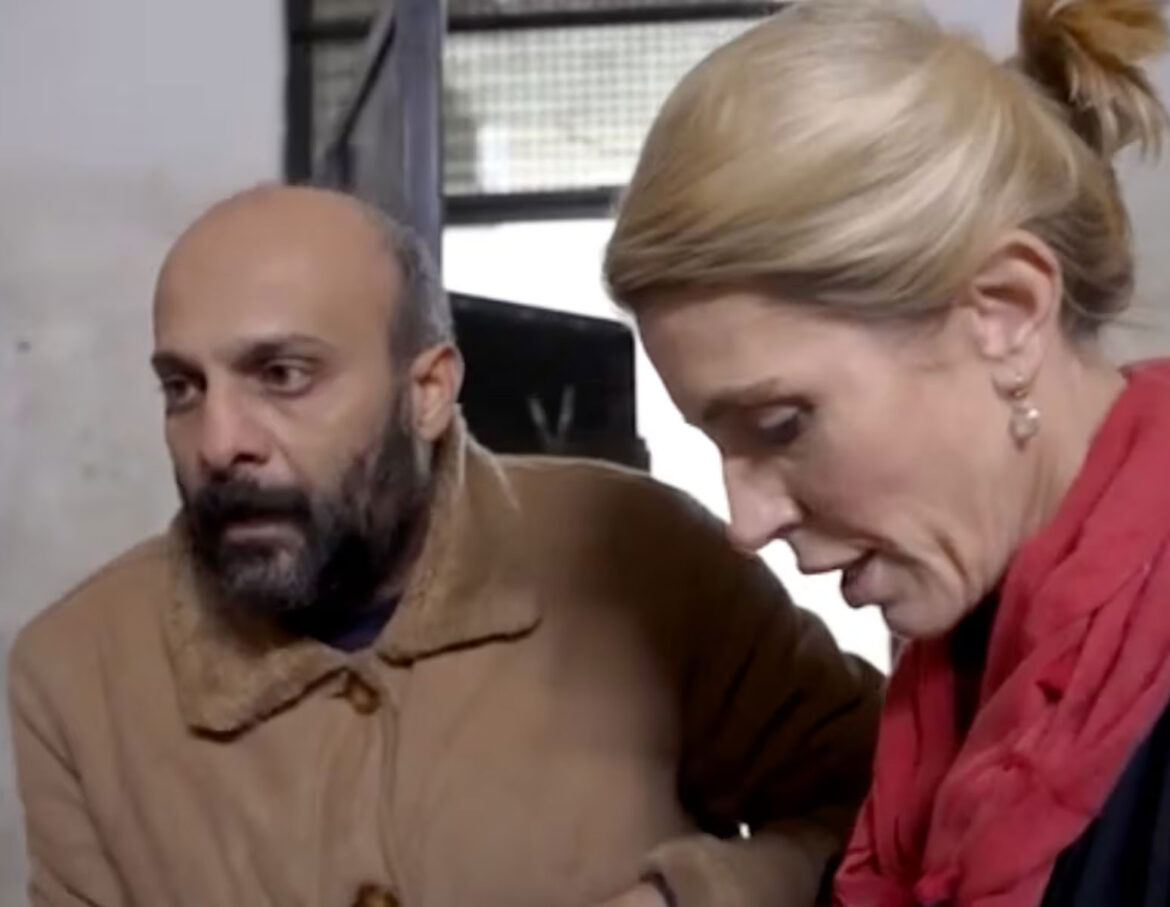CNN has launched an internal investigation into the identity of a Syrian man featured in a widely viewed report, following allegations that he used a fake identity. The probe comes after Verify-Sy, a Syrian fact-checking organization, claimed the man is a former intelligence officer tied to Bashar al-Assad’s regime.
The controversy emerged after CNN aired a report by its chief international correspondent, Clarissa Ward, showing the man’s release from a secret prison in Damascus. The footage, captured during a visit on December 11 following the fall of Assad’s regime, quickly went viral.
On Sunday, Verify-Sy, an affiliate of the International Fact-Checking Network (Poynter), cast doubts on the prisoner’s credibility, alleging he is a former first lieutenant in the Syrian Air Force Intelligence, notorious for its role in the regime’s oppressive tactics. While official records could not fully confirm his identity, the organization cited interviews with locals from Homs, who reportedly recognized him as Salama Muhammad Salama, also known as Abu Hamza.
Allegations of Misconduct and Suspicious Circumstances
According to Verify-Sy, Salama had been detained in Damascus roughly a month prior after a dispute with a senior officer over extortion money. Locals further accused him of harassment and abuse during his tenure at a neighborhood checkpoint.
The fact-checkers also questioned the prisoner’s physical condition, noting his “well-groomed and healthy” appearance, which they argued was inconsistent with the harsh conditions typically endured in Assad’s secret prisons.
Verify-Sy accused Salama of theft, extortion, and coercing civilians into providing information for the regime, raising concerns about his role in perpetuating the violence he now claims to have escaped.
CNN Responds
In a statement to The Daily Beast, CNN defended the integrity of its reporting, stating, “The report reflected events as they unfolded during our visit to the prison. No one other than the CNN team was aware of our plans to visit the prison building featured in our report that day.”
The network acknowledged the possibility that the man provided false information about his identity, confirming it is actively investigating the matter. “We are aware that he may have given a false identity. We are continuing our reporting into this and the wider story,” the spokesperson added.
CNN emphasized that the decision to release the prisoner was made independently by a Syrian rebel guard present at the site. “We reported the scene as it unfolded, including what the prisoner told us, with clear attribution,” the network said.
Broader Implications
The allegations highlight the challenges of reporting in conflict zones, where misinformation and propaganda often blur the lines between victims and perpetrators. As CNN continues its investigation, the incident raises questions about the verification processes for individuals featured in high-profile reports and underscores the importance of transparency in wartime journalism.



